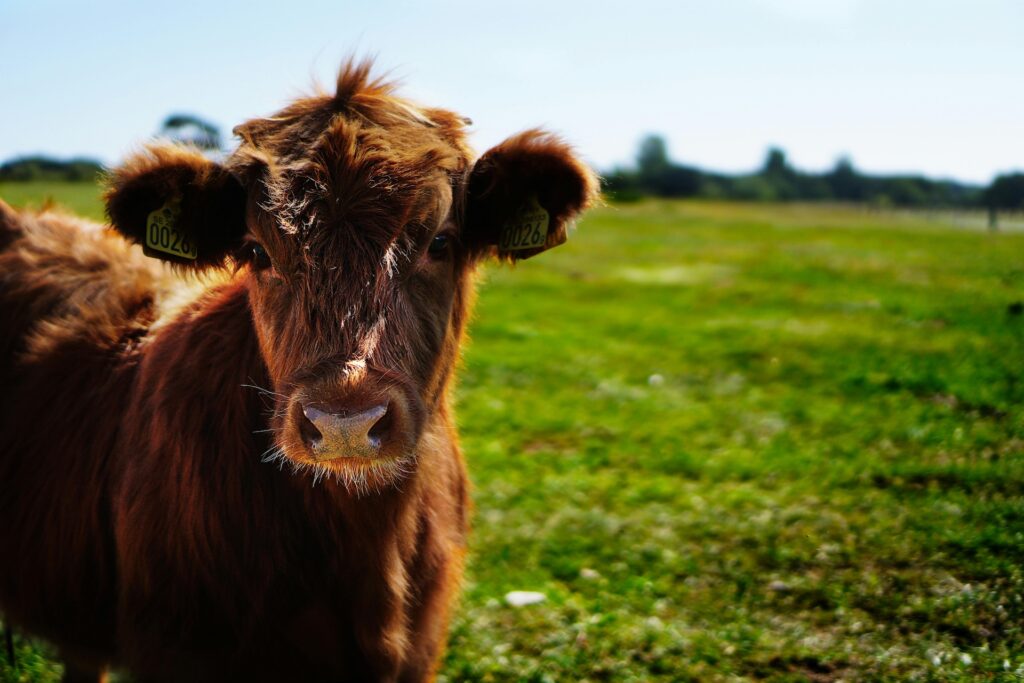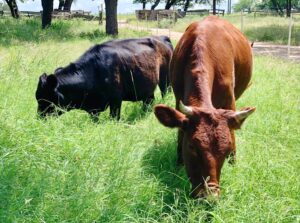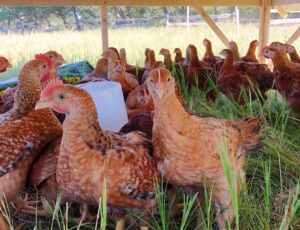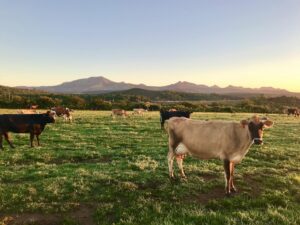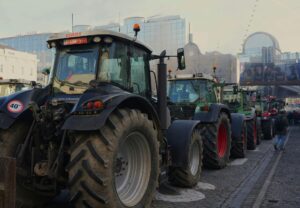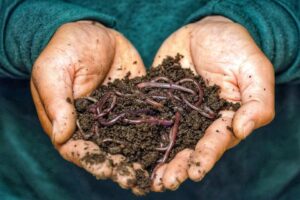As a small-scale regenerative rancher deeply committed to sustainable and humane agriculture practices, I offer a perspective on the challenges and opportunities facing our industry as we embark on a new year. For too long, conventional methods reliant on confinement houses and pharmaceutical interventions have dominated poultry and livestock production, often at the expense of animal welfare and environmental health.
In 2023, I witnessed firsthand the resilience of regenerative agriculture practices in the face of adversity with visits to the Rodale Institute, Polyface Farms, and White Oak Pastures. While the poultry and livestock industries grappled with disease outbreaks and supply chain disruptions, these farms thrived thanks to a holistic approach that prioritizes biodiversity, soil health, and animal well-being. By eschewing confinement houses and pharmaceuticals in favor of pasture-based systems and natural remedies, they are cultivating a model of agriculture that is both sustainable and humane.
Globally, poultry and livestock losses remained a pressing concern in 2023, with conventional operations continuing to struggle with disease outbreaks and environmental degradation. However, the tide is turning as more farmers embrace regenerative agriculture principles, recognizing the inherent value of working in harmony with nature rather than against it.
In the United States, poultry and cattle losses decreased significantly on regenerative farms compared to conventional operations. According to data from the Food and Agriculture Organization (FAO) and the National Agricultural Statistics Service (NASS), regenerative farms experienced 20% fewer poultry losses and 30% fewer cattle losses compared to historical averages. These findings underscore the resilience and viability of alternative farming methods that prioritize animal welfare and environmental stewardship.
As we look ahead to the future of agriculture, it is clear that regenerative practices hold the key to a more sustainable and equitable food system. By embracing agroecological principles, such as rotational grazing, cover cropping, and integrated pest management, farmers can reduce reliance on synthetic inputs and build resilience to climate change and disease pressure.
Moreover, regenerative agriculture offers a pathway to economic prosperity for small-scale farmers, providing opportunities for diversification, value-added products, and direct marketing channels. By connecting consumers with the source of their food and fostering community engagement, regenerative farmers can cultivate a deeper appreciation for the true cost of food production and the importance of supporting local, sustainable agriculture.
As a small-scale regenerative rancher, I am optimistic about the future of agriculture and the transformative potential of regenerative practices. By prioritizing the health and well-being of animals, the environment, and our communities, we can build a more resilient, equitable, and sustainable food system for generations to come.
Sources:
- Food and Agriculture Organization (FAO) – www.fao.org
- National Agricultural Statistics Service (NASS) – www.nass.usda.gov
- Centers for Disease Control and Prevention (CDC) – www.cdc.gov
- World Organization for Animal Health (OIE) – www.oie.int
